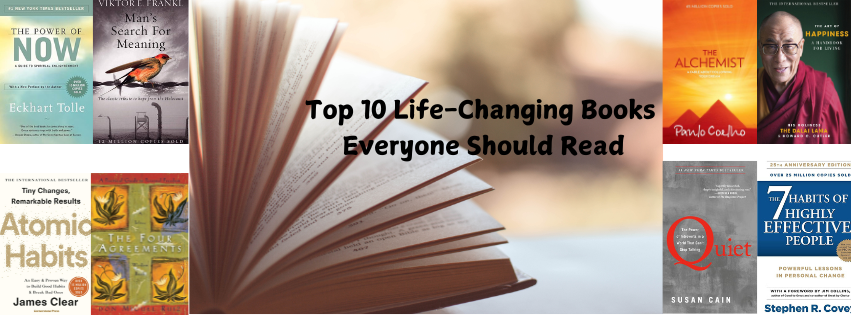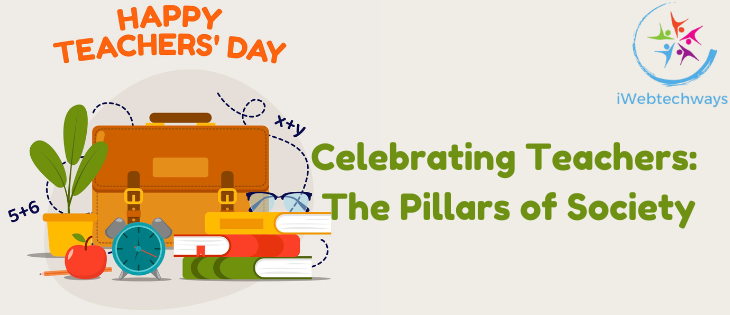Achieving academic success goes beyond attending classes and completing assignments. To excel in your studies, it’s crucial to develop effective study techniques that optimize your learning and retention. This article explores a range of proven study techniques and strategies that can enhance your understanding, boost your productivity, and ultimately lead to academic success. Whether you’re a high school student, a college student, or pursuing further education, implementing these techniques can help you make the most of your study sessions and achieve your educational goals.

Create a Productive Study Environment:
Your study environment plays a significant role in your concentration and focus. Designate a quiet and comfortable space free from distractions where you can fully immerse yourself in your studies. Keep your study area well-organized, properly lit, and stocked with necessary materials to facilitate a productive learning environment.
Establish a Study Schedule and Routine:
Consistency is key when it comes to effective studying. Establish a study schedule that aligns with your daily routine and commitments. Set aside dedicated blocks of time for studying, and stick to your schedule as much as possible. Having a routine creates a sense of structure and discipline, allowing you to develop a habit of consistent and focused study.
Utilize Active Learning Techniques:
Active learning engages your mind and encourages deeper understanding and retention of information. Instead of passively reading or listening, actively participate in the learning process. Take notes, ask questions, and discuss concepts with classmates or study groups. Utilize techniques like summarizing information, teaching others, or creating flashcards to reinforce your learning.
Break down Material and Set Achievable Goals:
Large volumes of information can be overwhelming. Break down complex subjects or chapters into smaller, manageable sections. Set specific and achievable goals for each study session. This approach allows for better comprehension and prevents burnout. Celebrate your accomplishments as you reach each goal, reinforcing a sense of progress and motivation.
Apply Various Study Techniques:
Different subjects and learning styles may require different study techniques. Experiment with a variety of approaches, such as active reading, concept mapping, practice problems, or mnemonic devices. Discover the methods that work best for you and adapt them to suit different subjects and topics.
Take Regular Breaks and Practice Self-Care:
Studying for long hours without breaks can lead to diminishing returns. Take short breaks every hour or so to relax and recharge your mind. Engage in activities that promote relaxation and well-being, such as stretching, going for a walk, or practicing mindfulness. Adequate rest, exercise, and nutrition are essential for maintaining optimal focus and mental acuity.
Seek Support and Collaboration:
Don’t hesitate to seek help and collaborate with classmates, teachers, or tutors. Engage in study groups or peer discussions to exchange ideas, clarify concepts, and gain different perspectives. Collaborative learning can enhance your understanding of complex subjects and foster a supportive academic community.
Conclusion:
Developing effective study techniques is an investment in your academic success. By creating a conducive study environment, establishing a consistent routine, employing active learning strategies, and taking care of your well-being, you can enhance your learning experience and achieve your educational goals. Remember, everyone’s learning style is unique, so adapt these techniques to fit your preferences and needs. With dedication, discipline, and the right study techniques, you can unlock your full academic potential and excel in your studies.










